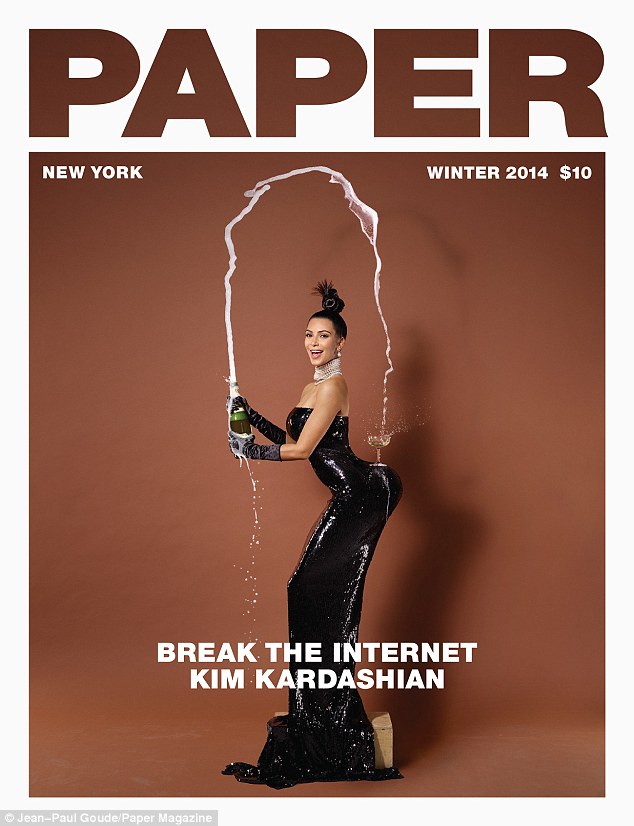Jenn Van Grove writing for TheStreet set out to understand the economic impact of Kim Kardashian’s now infamous Paper magazine cover. To do so, Van Grove also needed to make sense of media and popular culture to find the reasons behind the stunt. To do so, she spoke with digital analyst and anthropologist Brian Solis who shared his unfiltered thoughts on the subject. The article is now live here.
“You know we live on planet earth when #CometLanding and #KimKardashian are the two biggest stories online right now,” according to Brian Solis
Excerpt:
If power and influence can be measured in tweets and social capital, then Kim Kardashian was rewarded handsomely for her “Break The Internet” campaign, despite reportedly going unpaid.
The reality television personality who posed completely nude for the most recent issue of Paper magazine, earned herself 578,000 mentions on Twitter (TWTR) in the two days following her full posterior and frontal reveals, according to data provided to TheStreet by social media platform Spredfast.
With her social media coup, Kim not only brought new meaning to the idea that all exposure is good exposure, but also padded her resume of famous-for-being-famous achievements with the most notable yet: upping the ante on the social media stunt.
What’s more, the moment, which will no doubt be studied by anthropologists, is perhaps a watershed moment in pop culture. At the very least, Break the Internet, as a type of marketing campaign, has already become a social media benchmark by which all others will be measured against, Altimeter Group Principal Analyst Brian Solis told TheStreet.
The true state of pop culture, media, and the Kim Kardashian stunt is actually reinforced by the ability to monetize this moment,” he said, adding that Paper will make money from additional magazine sales and ad impressions, while Kim will benefit from new business opportunities. “We are basically building a society that if we can’t capture attention the way BuzzFeed grabs attention, then we can’t necessarily monetize it. So what’s happening is this sensational form of exploiting monetization opportunities.”
You may hate her, but odds are you viewed the photos or shared one of the ensuing memes.
“At the end of the day, the [haters] are going to share and consume and become part of the media network that feeds her popularity and relevance,” Solis observed.
He’s right. Even large corporations and brands such as Southwest, TBS, and Nissan jumped on the KK awareness bandwagon to reap the benefits of residual mentions and retweets. Not even the Metropolitan Museum of Art could pass up the chance of riding, like the infamous champagne glass, on the back of the celebrity. By and large, these brands walked away winners.
“We’re fueling the machine,” Solis said, “which means we’re only going to continue down this path.”
“Kim reflects all the things we hate about society and reality television … but she is also widely successful at it,” Solis said.
And so, as that final full frontal photo suggests, Kim is laughing at the Internet — because we all care darn so much.
Click through for the original article.



Leave a Reply